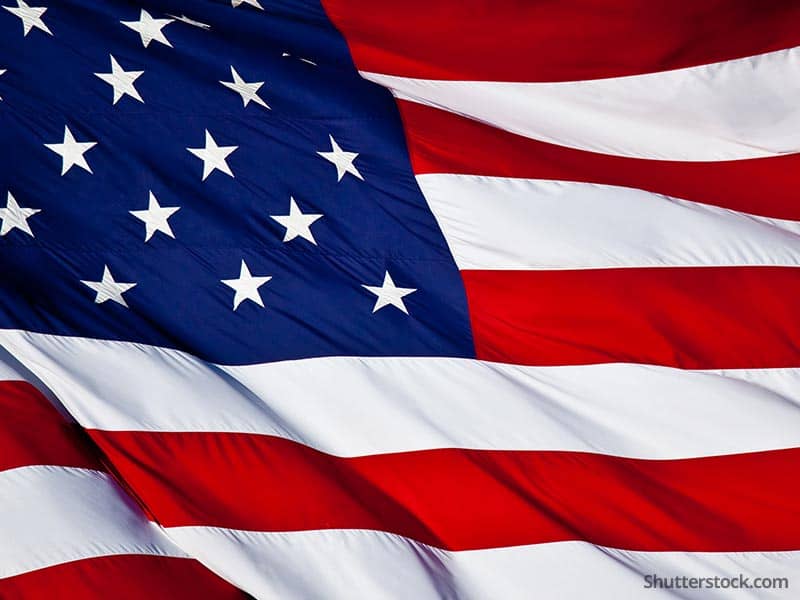Some of her 35 contributors use only first names or pseudonyms, but more than half use their real full names. A few write of eventual reconciliation with their brothers; others still seethe over abuse that scarred their childhood.
``He should bungee jump without a cord,'' writes Meikil Berry of her brother. ``He should never be happy, satisfied, blessed, understood, free or forgiven.''
Sibling incest is an age-old phenomenon, figuring in Greek mythology, Wagner's operas and many modern novels. But Shaw says ``Not Child's Play,'' published in November, is unique in giving an assertive voice to survivors of what is one of the most hidden forms of sexual abuse.
``The voices and stories in this book speak to survival of brother-sister incest,'' she writes in the introduction. ``They show us that our experiences are not isolated incidents and that we are not to blame. They can help us shed our shame.''
Shaw, 41, is a sign-language interpreter and teacher in Takoma Park, Maryland. She told her parents in 1984 that her brother abused her, and tried with little success to find books and articles that would bring some comfort or insight.
``There's more attention paid to father-daughter incest,'' she said in a telephone interview. ``Sibling incest is sometimes mentioned, but it's never at the forefront.''
Her goal is for the book to encourage girls--and parents--to respond more rapidly and boldly when sibling incest occurs.
``Our families did not protect us against incest; often they permitted the brothers' actions to continue without intervention,'' Shaw writes. ``I want the brothers to see that they used their power over their sisters in inappropriate and destructive and hurtful ways.''
Shaw said her relationship with her brother ``continues to evolve.'' She withholds his first name from the book, but describes in detail confronting him 15 years after the abuse.
Amy Blake, 38, a therapist in Ferndale, Michigan, writes about abuse by two older brothers that she says started when she was 5 and lasted more than six years. She said she had no qualms about using her real name in the book.
``It seemed like such an important thing to do,'' she said. ``I've worked with a lot of women who've been abused by their brother--there's this misconception it wasn't real abuse because it wasn't their father or another adult.''
Ann Russek, 34, a poet and part-time teacher at Muhlenberg College in Allentown, Pennsylvania, has told her students that she contributed a poem to the anthology about incest committed by her brother.
The poem describes Russek attending the wedding of the previously divorced brother and wondering if he had molested a daughter from his first marriage. The poem reads in part:
``Did you touch her, like you once did me
``Behind locked bedroom and closed closet doors?''
Russek has had long conversations with her husband about the incest and is confident her experiences won't adversely affect her two young daughters.
Another contributor, writer Mary Diane Hausman, said she didn't come to terms with her childhood abuse until her late 30s, and is now working on a semi-biographical novel.
``It has blown open the secret of incest in my family,'' she writes in ``Not Child's Play.'' ``When I shared my writing with my younger sister and nieces, they revealed to me that they too had been molested.''
One of the few recent books dealing at length with sibling incest is ``Sibling Abuse Trauma,'' co-authored in 1998 by California psychologist John Caffaro and his wife, mental health consultant Allison Conn-Caffaro.
They interviewed more than 70 survivors of sibling abuse, and believe it is more common than father-daughter abuse.
``Parents conceal the involvement of their children. Their first response is to try to handle it themselves,'' Caffaro said.

